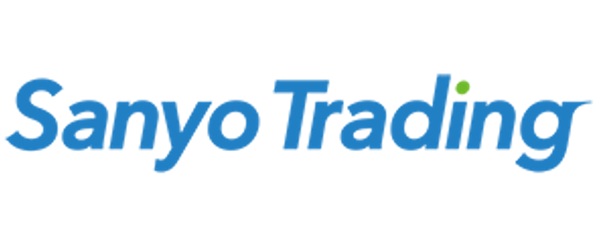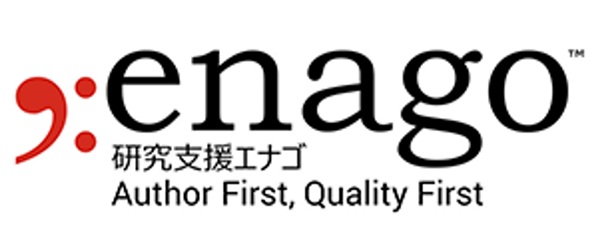お知らせ
- 一般社団法人日本地球化学会2025-2026年度役員選挙結果
- ニュースレター261号を掲載しました。
- 「地球化学」誌コンテンツ59巻2号を掲載しました。
- 役員選挙候補者一覧(速報)
- 会員専用ページのログインについて
- [選挙公示] 一般社団法人日本地球化学会2025-2026年度役員選挙の立候補・推薦候補者の届け出について
- 令和7年度科学技術分野の文部科学大臣表彰の受賞について
- ニュースレター260号を掲載しました。
- 「地球化学」誌コンテンツ59巻1号を掲載しました。
- JNdi-1のお知らせ
- 日本腐植物質学会第39回講演会および総会のお知らせ
- 東大地震研・2024年度客員教員及び共同利用公募
- 【ERCA】環境研究総合推進費 令和6年度新規課題公募について
- 東大地震研・2023年度第2回大型計算機共同利用公募
- 令和5年度地球シミュレータ機構戦略課題「チャレンジ利用課題」の募集
- 令和5年度地球シミュレータ公募課題の募集
- 東京大学地震研究所 共同利用担当令和5年度拠点間連携共同研究の公募について
- 日本腐植物質学会第38回講演会開催のお知らせ
- 東大地震研2023年度客員教員及び共同利用公募
- 東京大学地震研究所・2023年度特定共同研究課題登録について
>すべてのお知らせを見る
「地球化学」とは
地球化学は、太陽-惑星系の形成と進化、地球内部に存在する物質の構造とその進化、さらには大気圏・水圏を含む地球表層や生命の誕生と進化などを「化学」を用いて探求する学問分野です。地球化学は、元素、同位体、化学種の存在度、分布、移動、変化を空間的あるいは時間的に取り扱い、それらを支配する法則や原理を見つけだすことにより、地球や太陽系の様々な現象の解明を目指しています。隕石や月試料などの地球外物質を対象とする宇宙化学も含めて地球化学と呼びます。
対象とする物質は、固体地球や惑星を構成する岩石や堆積物、隕石、大気、海水や陸水、火山ガスや熱水、生物など、天然に存在する物質すべてと、合成や実験によって得られた試料です。また、これらの化学データに基づいた数値シミュレーションも行っています。
近年は、人類活動による二酸化炭素の放出や海洋汚染など様々な環境問題が発生しています。化学的データに基づいて、現在の地球における物質循環と過去からの地球環境変遷を明らかにすることによって、環境問題に取り組むのも地球化学の重要な課題です。
主な分野は次の通りです。
- 宇宙化学
- 大気化学
- 生物地球化学
- 有機地球化学
- 同位体地球化学
- 岩石・鉱物化学
- 固体地球化学
- 熱水地球化学
- 火山学
- 海洋化学
- 古海洋学
- 環境化学
- 陸水学
- 年代学









